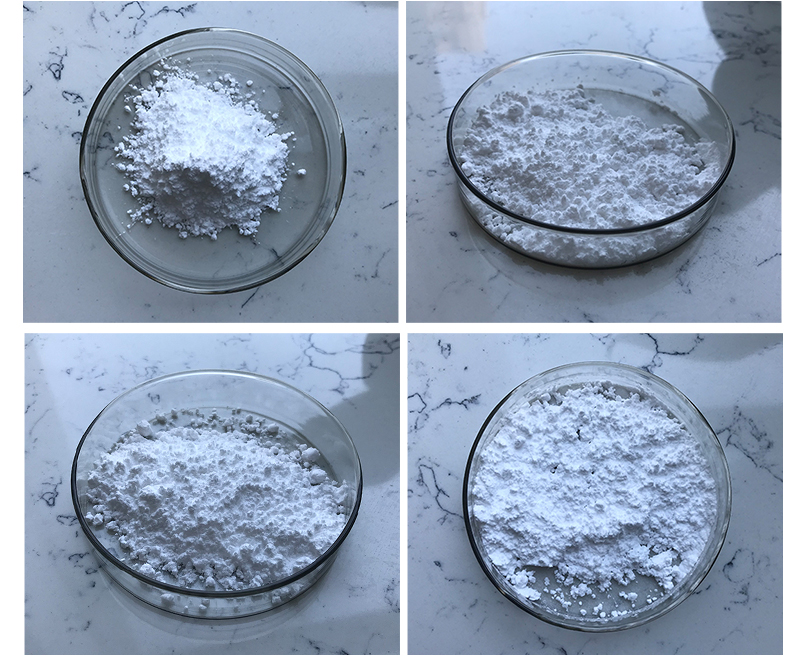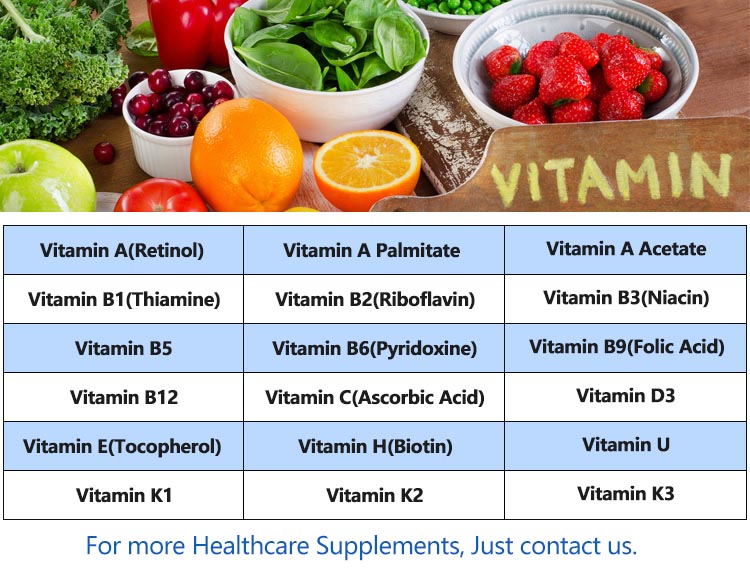Certainly, I’d be happy to provide you with a comprehensive study of biotin. Biotin, also known as vitamin B7 or vitamin H, is a water-soluble B-vitamin that plays a crucial role in various metabolic processes within the body. It is an essential nutrient, meaning that it must be obtained from the diet since the body cannot synthesize sufficient amounts on its own. Biotin is involved in several important functions, primarily related to energy metabolism and the maintenance of healthy skin, hair, and nails. Let’s delve into its various aspects:

Chemical Structure and Sources:
Biotin is a small, water-soluble molecule with a chemical structure consisting of a ureido ring fused with a tetrahydrothiophene ring. It is widely distributed in nature and can be found in a variety of foods, including:
- Egg yolks
- Organ meats (liver, kidney)
- Nuts and seeds (especially almonds, peanuts, and walnuts)
- Legumes
- Dairy products
- Leafy green vegetables
- Whole grains
- Certain fruits (bananas, avocados)
Functions and Metabolism:
Biotin serves as a coenzyme in several essential enzymatic reactions within the body, primarily involved in the metabolism of carbohydrates, fats, and proteins. These reactions include:
- Carboxylation Reactions: Biotin acts as a coenzyme for carboxylase enzymes, which are responsible for adding carbon dioxide groups to substrates. This process is crucial for the synthesis of fatty acids, glucose, and amino acids.
- Gluconeogenesis: Biotin is involved in the conversion of certain amino acids and compounds into glucose, which is important for maintaining blood sugar levels.
- Amino Acid Metabolism: Biotin is essential for the breakdown of certain amino acids, such as leucine, isoleucine, and valine.
- Cell Growth and Development: Biotin is involved in the regulation of gene expression and cell signaling, which are crucial for normal growth and development.
Health Benefits and Deficiency:
Biotin deficiency is rare, as it is present in a wide variety of foods and is synthesized by gut bacteria. However, certain conditions or factors can lead to biotin deficiency, such as prolonged antibiotic use, certain genetic disorders, and excessive consumption of raw egg whites (due to the presence of avidin, a protein that binds biotin and inhibits its absorption).
Biotin deficiency can lead to symptoms such as:
- Hair loss
- Skin rashes
- Brittle nails
- Fatigue
- Muscle pain
- Nervous system disorders (rare)
Supplementation:
Biotin supplements are available over-the-counter and are often marketed for improving hair, skin, and nail health. While biotin deficiency can lead to hair and nail problems, there is limited scientific evidence to support the use of biotin supplements for individuals with normal biotin levels. It’s important to consult a healthcare professional before taking any supplements, especially in high doses, as excessive biotin intake can interfere with certain lab tests and may have potential adverse effects.

Conclusion:
Biotin is an essential water-soluble vitamin that plays a critical role in energy metabolism, carboxylation reactions, and various metabolic processes in the body. It is found in a wide range of foods, and deficiency is rare. While biotin supplements are available and may be beneficial for specific cases, they should be used cautiously and under the guidance of a healthcare professional. As with any nutritional information, it’s important to stay informed about the latest research and recommendations from reputable sources.
